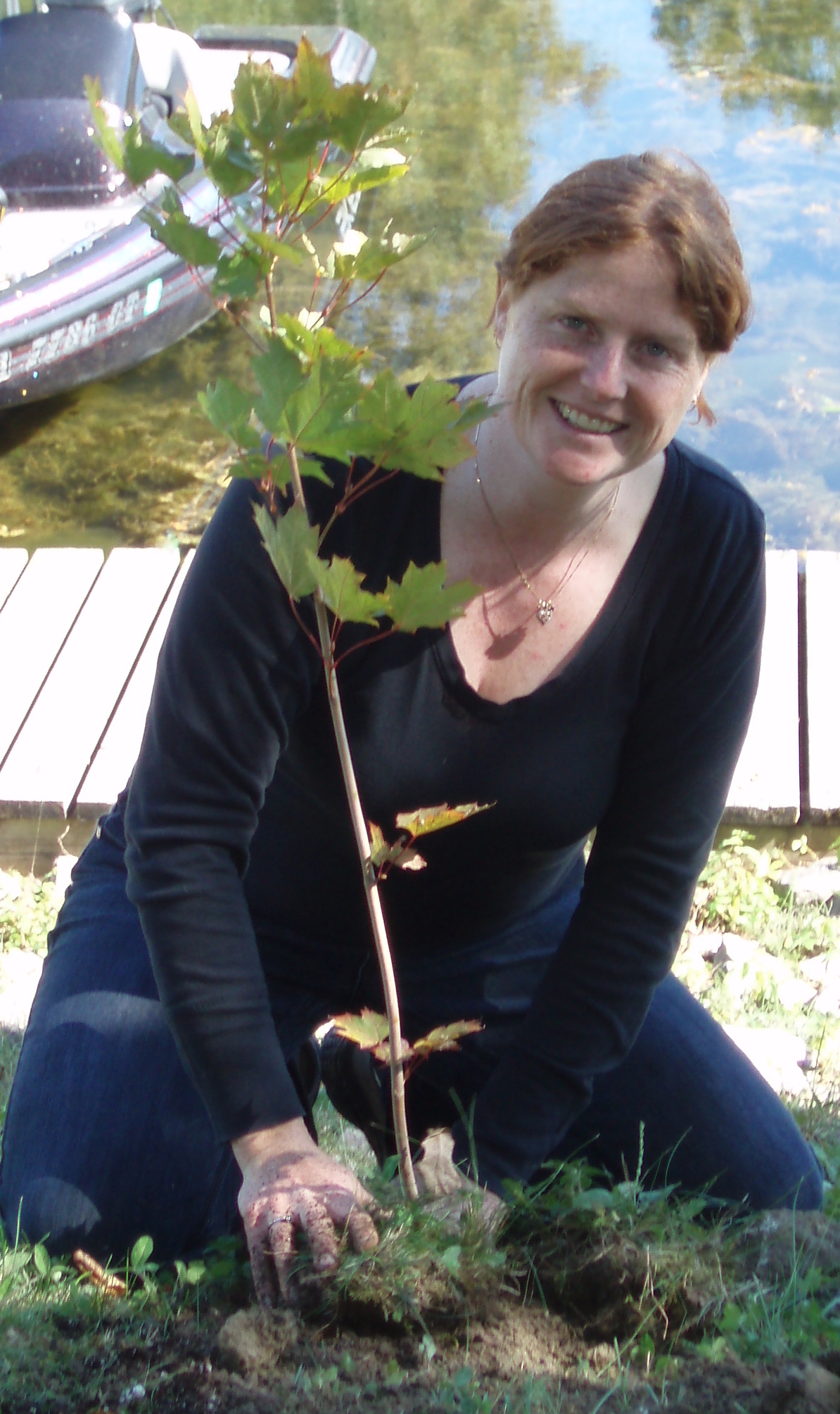- Home
- About Us
- The Team / Contact Us
- Books and Resources
- Privacy Policy
- Nonprofit Employer of Choice Award

 Communication may be our biggest challenge as we work toward having a positive impact on our world. Words are so powerful. They can mean so many things depending on perceptions and life experiences. Sometimes it's difficult to lay aside our own preconceptions and take someone’s words at face value. It can be difficult to find common ground when perspectives are different, and yet collaboration is necessary.
Communication may be our biggest challenge as we work toward having a positive impact on our world. Words are so powerful. They can mean so many things depending on perceptions and life experiences. Sometimes it's difficult to lay aside our own preconceptions and take someone’s words at face value. It can be difficult to find common ground when perspectives are different, and yet collaboration is necessary.
When working toward a common purpose, as many of us do in the charitable sector, we know we are all connected in some way, but the challenge is finding that connection and reaching out in a constructive way. We can work better when we make the effort to find common ground and focus on the positive aspects of that relationship rather than focussing on what sets us apart. Communication is about building trust with someone, as much as it is about getting our message across.
One of the biggest ways to communicate more effectively when there are a variety of viewpoints at the table is simply to listen more. Sincerely trying to understand the different perspectives at the table, and why people feel the way they do, is a giant step to communicating more effectively. Or, as my husband would say “Put yourself in someone else’s shoes.” Of course this is easier said than done when you feel passionately about something.
My red-headed meltdown
How to look at the bigger picture and communicate on issues that we are passionate about without bringing in emotion has to be the greatest challenge for me. Many years ago I witnessed what I strongly felt was a desecration of our lake.
Water levels are one of the most contentious issues when it comes to fresh water lakes in Ontario. I am passionate about water conservation and have dedicated my entire adult career to protecting Canada’s pristine waters. When I witnessed a man in a blue canoe ripping apart our beaver dam and thereby altering water levels on our lake during bass spawning season, emotion completely took over.
I’m confident that the man in the blue canoe will forever think of me as the "crazy redhead." Instead of calmly educating him about the damage he was doing; I stood there – IN MY CANOE – yelling at him while taking photographic evidence of his transgression.
I became completely caught up in emotion, even though I promised my husband (so that he would let me go with him) that I would be nice . As we paddled up and I saw him, I lost it! In that moment, I was unable, or perhaps unwilling, to try to understand why he was doing what he was doing and try to talk about the issue in a manner that he may have been receptive to listening to.
My communication failure resulted in an ensuing beaver dam stand off that lasted 7 years. Trying to scare and bully someone into a different behaviour only resulted in him unlawfully sneaking in the wee hours of the morning to tear the dam apart – which then resulted in my going down later to try and "fix" it. My behaviour, and passion, made me quite famous (or infamous) on our little lake and my beaver dam fixing adventures were even turned into a song at my wedding.
The memory of this stand off, as well as having better, more constructive experiences, has me wondering what would have happened if I could rewind the clock and take a more understanding approach. Maybe nothing? Maybe change? I will never know.
The keys to productive communication
When we work in such a passion-driven sector it can sometimes be very hard to see the bigger picture beyond an issue that is close to your heart. My husband was right! Putting myself in someone else’s shoes helps me to see that they have their own perspectives and values, and that their perception of the situation may conflict with mine. So trying to find common ground to connect on is imperative to making progress? That is the key to the beginning of true communication.
Here are a few tips to fostering good communication with your colleagues, volunteers and even your friends and family:
Yes, I will forever be known in my community as the woman who fought for water levels and I may never tell my husband that he was right – but I learned a great deal from this experience and others since then. When doing such important work that involves so many passionate people, it's imperative to take a step back and seek collaborative productive communications. Trust me – you never want to be thought of as that crazy redhead in a canoe!
Barbara King began working with Watersheds Canada and its predecessor organization in 1999. As Executive Director, she has been a contributor to many Shoreline Stewardship programs and resources designed for improving the ecological health of lakes, maintaining healthy fisheries and developing resources for lake stewardship groups including the Love your Lake Program.